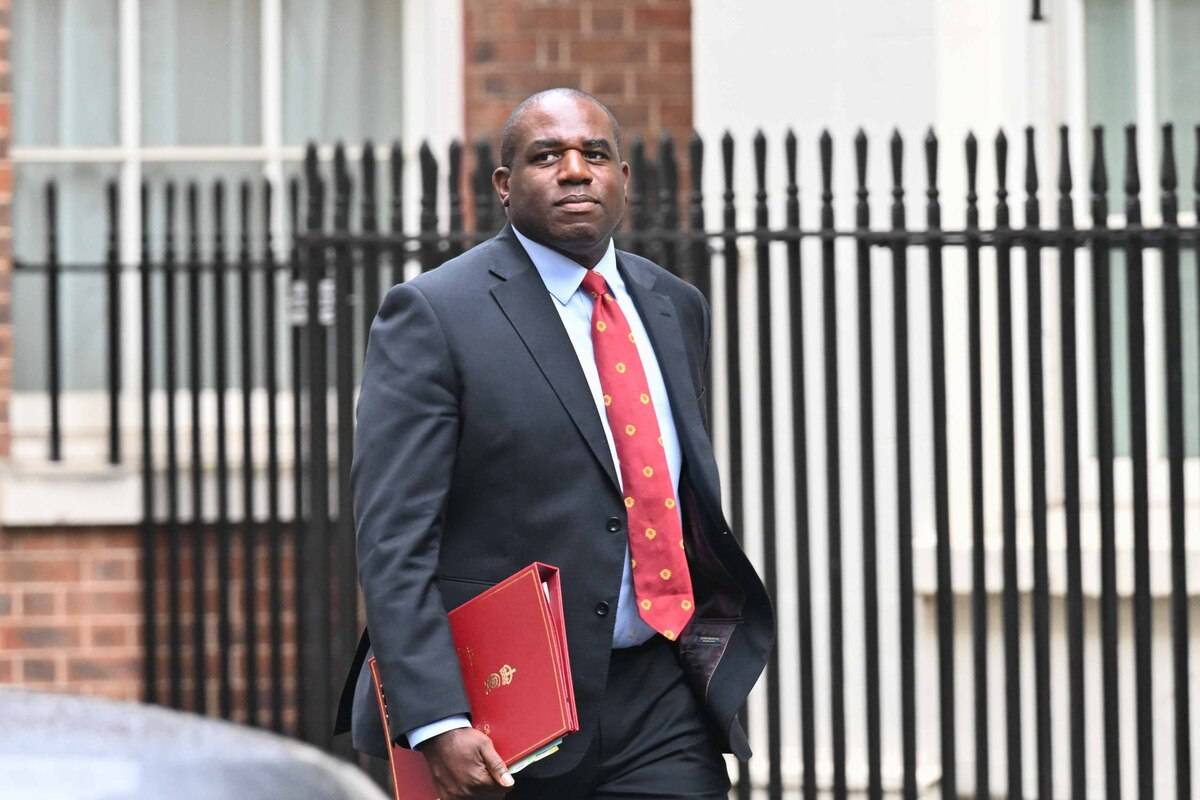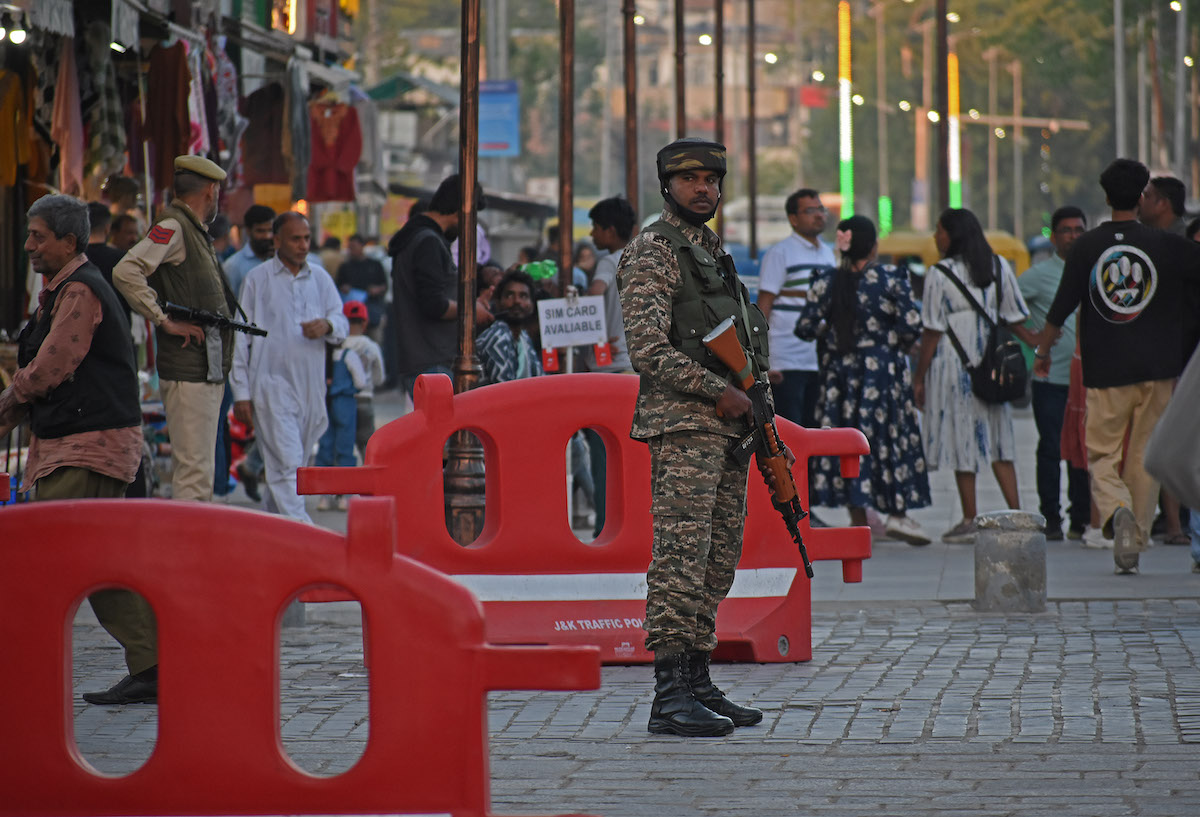Heed the royals or face dire consequences

I wonder how many people paid attention to the important message penned by the Queen, Raja Zarith Sofiah, in Sultan Ibrahim’s official Facebook page on April 25. It was a plea for unity and gratefulness for the peace we have. To say this timeless message was timely would be an understatement, for religious tensions were high following Kuala Lumpur City Hall’s order to the Dewi Sri Pathrakaliamman Temple off Jalan Masjid India in Kuala Lumpur to move and make way for a mosque. Following negotiations, the temple committee agreed to move to another site about 50 metres away. A day after the agreement, Prime Minister Anwar Ibrahim officiated at the groundbreaking ceremony of Masjid Madani on land donated by Jakel Trading Sdn Bhd. But the matter did not end there. Some Muslims questioned why City Hall was giving a piece of land for the relocation of the temple which, although standing on the site for 130 years, does not own the land. Worse, some took to social media to locate and share information on what they termed “kuil haram” (illegal temples) throughout the country. I am told some government officers are actually going around to check on the temples that have been labelled “illegal” by this group. Many Hindus were unhappy because the temples that were now seen as “illegal” were not so at the time they were built because the then owners of the land, including the British colonialists who governed Malaya, had allowed it. However, most of these plots of land were not signed over to the temples. Also, a good number of the temples that had been targeted as “illegal” stand on land that they own. Obviously, the Queen, as a loving mother, felt she had to help soothe the situation. The Raja Permaisuri Agong said perhaps it was because we were not running away from being bombed that “we have the time to highlight issues which some of us know will create tensions between the different communities” which make Malaysia their home. She reminded Malaysians to be thankful and grateful for the peace we enjoy, in contrast to countries which are being ripped apart by armed conflict. We should all pause and consider this. Just look at some of the countries in the Middle-east and Africa such as Palestine, Syria and Sudan; look at Ukraine; at Pakistan; at Bangladesh; and at our neighbour Myanmar. All these countries are suffering; their people are dying or in misery and their economies are in tatters or floundering. That should teach us that nobody wins in a conflict. Nobody. In fact, everyone who cares for this nation will agree with her majesty. Unity is of paramount importance. Differences will always be there but we must not allow the differences to cause hatred or conflict. Differences should be handled carefully and rationally, not emotionally. To make the message simple and clear – and touching – she shared a personal note that she had penned in 2018 where she had expressed gratitude to four Indian men who had cared for her family. After recounting what they had done, the Queen said her family “deeply valued” the service, friendship and loyalty of the four men. She concluded: “My husband and I have many friends of other races.” Consider the significance of the sentence above. This is leadership by example, not mere words. I would be ashamed if, living in Malaysia, I do not have friends from different ethnic backgrounds. In fact, I feel sorry for those who only mix with their own communities or co-religionists. They are missing so much of what life has to offer. She also prayed for peace in the nation and “a love in our hearts for each other as Malaysians”. It was a simple yet much-needed message from someone I admire. Raja Zarith Sofiah has been consistent in her stand on harmony and understanding among Malaysians over the years. I have read her statements and heard about her actions, even from before she became the Raja Permaisuri Agong, and they all promote understanding, love and togetherness. Raja Zarith Sofiah and Yang di-Pertuan Agong Sultan Ibrahim use every opportunity they get to stress the need to preserve unity. For instance, in their Hari Raya Aidilfitri message on March 30, their majesties reminded everyone that harmony and unity were the foundations of nationhood and that it was incumbent upon us to preserve this and pass it on to our descendants. They said every Malaysian, regardless of religious belief and skin colour, had the responsibility to maintain unity based on the Rukun Negara. Another member of the royalty who never fails to talk about the need for unity is the sultan of Perak, Sultan Nazrin Muizzuddin Shah. On April 15, he expressed concern that unity was being threatened by the growing tendency to exploit racial and religious issues for personal or political gain. Referring to the negotiated agreement to relocate the Dewi Sri Pathrakaliaman Temple, he said: “What had been settled amicably is now being stirred, debated and politicised in ways that unsettle public sentiment. “At times, minor and localised matters relating to religion and ethnicity are deliberately magnified — manipulated to the extent that they risk igniting wider tensions. “Issues of race and religion are increasingly sensationalised, often hijacked by desperate individuals seeking recognition as champions of their community or faith — even if such actions sow discord and provoke animosity among fellow citizens.” Sultan Nazrin lamented: “Regrettably, as a nation, we appear to be drifting further from unity.” In opening the 15th term of the Perak State Legislative Assembly, he added: “We are facing the challenge of finding a ‘magic spell,’ a successful formula to manage disputes in our diverse society in a fair, just and effective manner. “We are still groping in the dark, searching for the right approach to help all parties understand one another, to encourage rationality, and to view matters through the lens of unity and harmony, based on the values of humanity that cherish peace.” Touching on politics, the sultan said: “It is deeply saddening that hate-driven politics have become a preferred choice, and there are concerns that the nation may face a future where its people are divided, harbouring hatred and animosity towards each other. “The seeds of hatred are being sown across the nation, eroding our moral compass and diminishing our empathy when dealing with those who hold differing views.” But it was not all doom and gloom. He also highlighted one good example where humanity transcends issues of race and religion. “Beyond its explicit role of delivering healthcare and medical treatment, the health service plays an implied, often unspoken role — one that fosters unity across our diverse society; that manifests naturally, bridging the varied backgrounds of Malaysians — of different ethnicities, faiths, cultures, languages and social standing. “In our hospitals, we have never heard of a doctor refusing to treat a patient because of different religion, race or economic status.” The thing is, we cannot all be doctors. But surely, we can treat each other as human beings deserving of respect. Surely, we can discuss and argue in a civil manner without quarrelling. Surely, we can heed the royals who plead for peace and lead by example. The views expressed are those of the writer and do not necessarily reflect those of FMT.


















